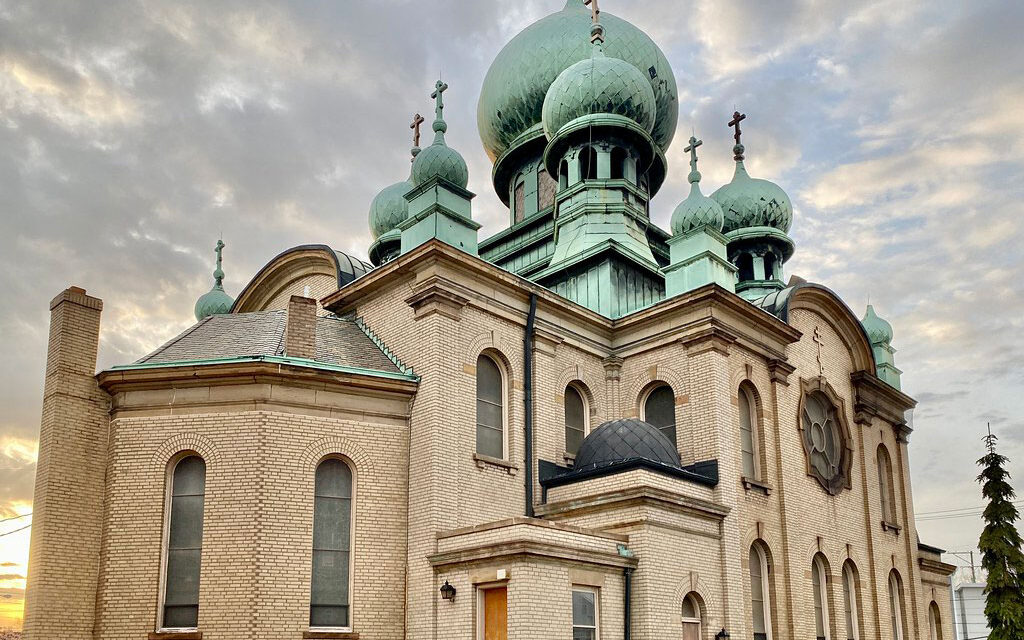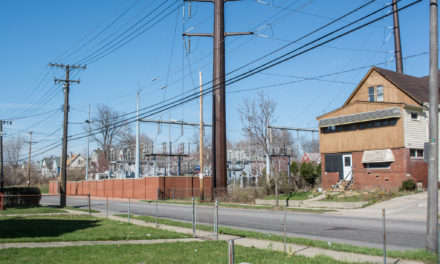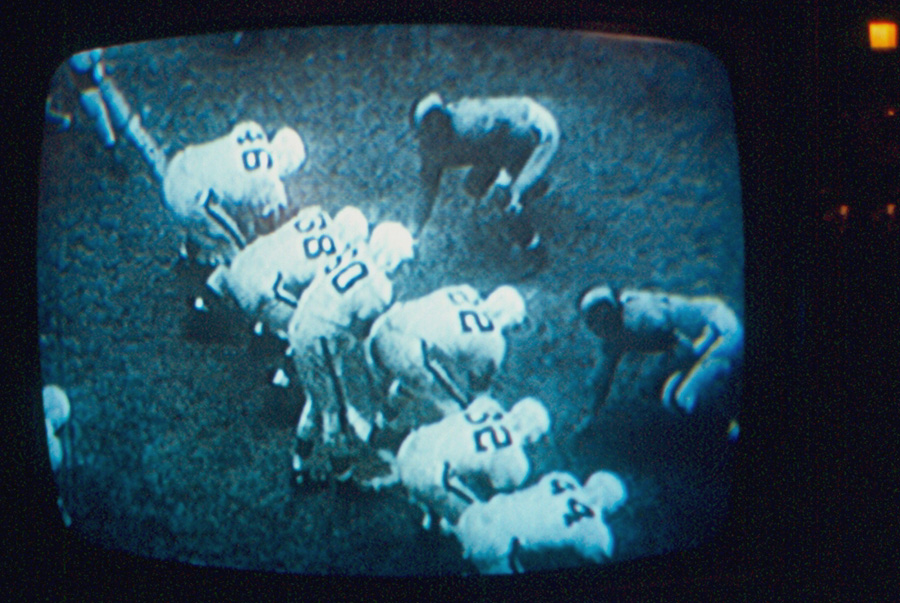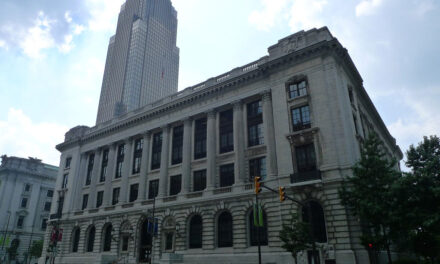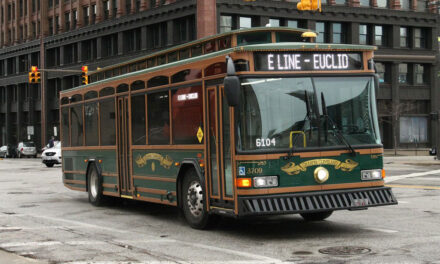CLEVELAND HISTORY
Freedom March in Cleveland (July 14, 1963): The United Freedom Movement organized a significant Freedom March in Cleveland, advocating for civil rights and equality. This peaceful demonstration was part of a broader movement addressing racial discrimination and segregation in the city.
Incorporation of Sherwin-Williams Paint Company (July 16, 1884): Sherwin-Williams, which began operations in Cleveland in 1870, was officially incorporated on this date. The company grew to become a leading manufacturer of paints and coatings, significantly contributing to Cleveland’s industrial development.
Electric Streetcar Strike Escalates (July 17, 1899): Amid the Electric Streetcar Strike, tensions escalated in Cleveland as cars and trucks were destroyed in protests. The strike highlighted labor unrest and the challenges faced by workers during the city’s rapid industrialization.
Birth of Architect Philip Small (July 18, 1890): Philip Small, a prominent Cleveland architect known for designing Shaker Square, the Cleveland Play House, and John Carroll University, was born on this day. His work significantly influenced the architectural landscape of Cleveland.
Dedication of St. Theodosius Russian Orthodox Cathedral (July 20, 1913): St. Theodosius Cathedral, located in Cleveland’s Tremont neighborhood, was dedicated on this date. Renowned for its distinctive onion domes and Byzantine architecture, the cathedral serves as a cultural and spiritual center for the Russian Orthodox community.
WORLD HISTORY
Storming of the Bastille (July 14, 1789): On this day, revolutionaries in Paris stormed the Bastille prison, a symbol of the absolute monarchy’s tyranny. Although the prison held only seven inmates at the time, its fall marked the beginning of the French Revolution and is celebrated annually as Bastille Day in France.
Nazi Party Declared Sole Legal Party in Germany (July 14, 1933): The German government enacted the “Law Against the Formation of New Parties,” effectively establishing the National Socialist German Workers’ Party (Nazi Party) as the only legal political party in Germany. This law was a significant step in Adolf Hitler’s consolidation of power.
Trinity Nuclear Test Conducted (July 16, 1945): The United States conducted the first-ever nuclear explosion, known as the Trinity test, in the New Mexico desert. This test marked the beginning of the atomic age and was a pivotal moment in the development of nuclear weapons during World War II.
Disneyland Opens in Anaheim, California (July 17, 1955): Walt Disney’s first theme park, Disneyland, officially opened its doors to the public. Despite initial technical difficulties on opening day, the park quickly became a beloved destination and set the standard for theme parks worldwide.
Apollo 11 Moon Landing (July 20, 1969): NASA’s Apollo 11 mission successfully landed the first humans on the Moon. Astronauts Neil Armstrong and Edwin “Buzz” Aldrin became the first and second men to walk on the lunar surface, while Michael Collins orbited above in the command module. Armstrong’s famous words, “That’s one small step for man, one giant leap for mankind,” were broadcast to millions around the world.

